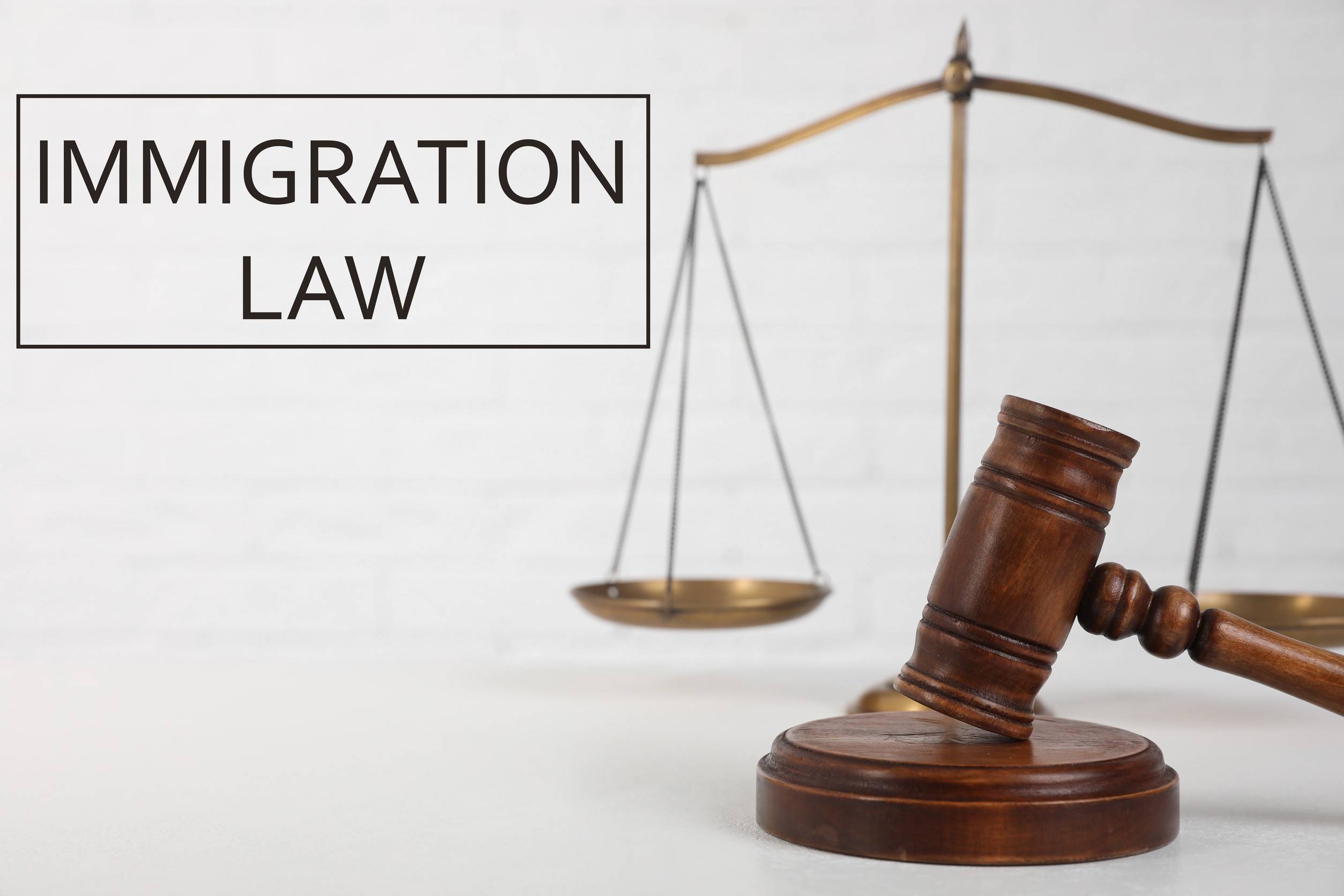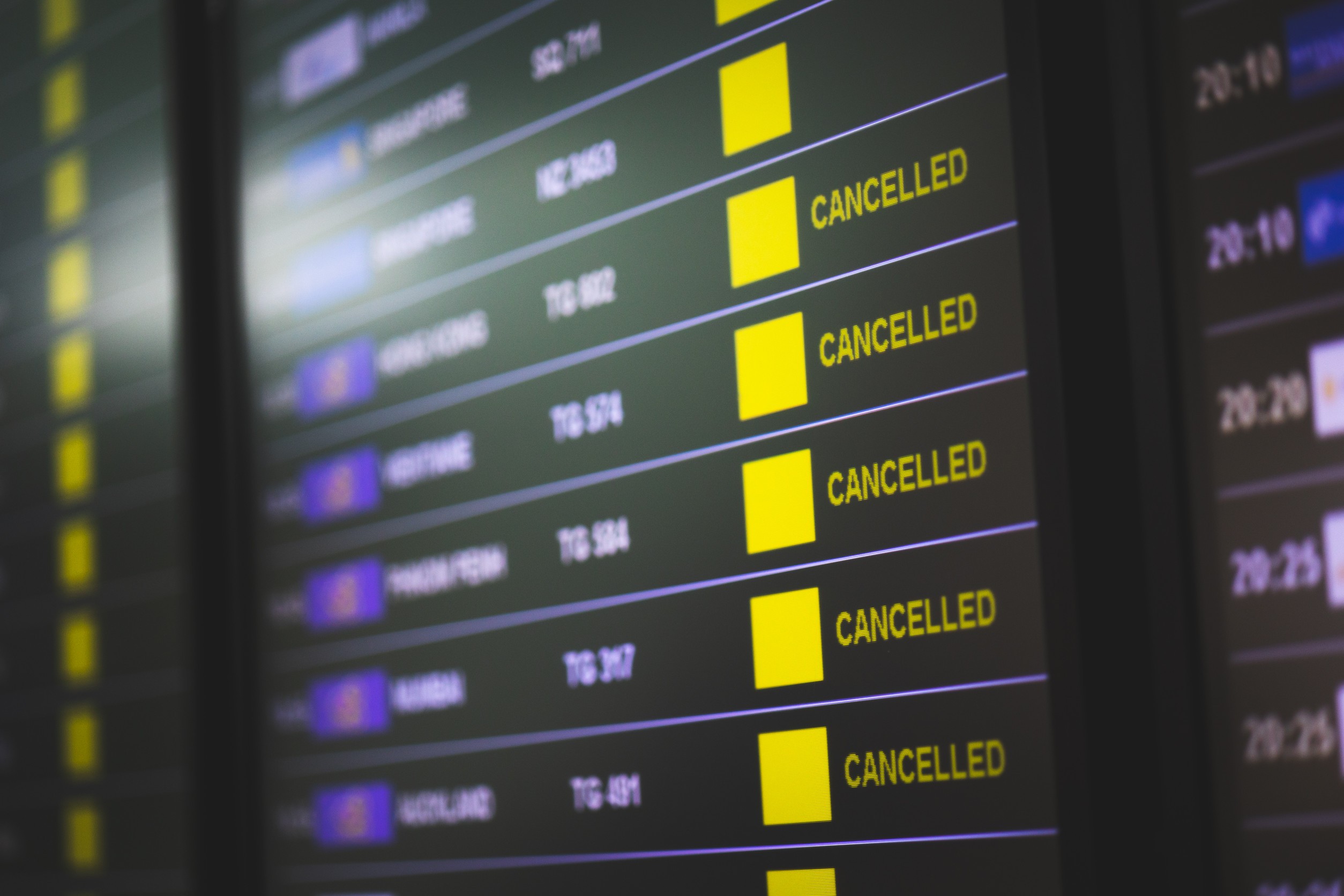Overstaying on a Cameroon eVisa

Visiting Cameroon with an eVisa makes it easier to enter the country, but it's very important to understand the rules (especially how long you’re allowed to stay). If you stay even a little longer than your visa allows, it can cause big problems. It could affect your current trip and future travel.
This guide explains what first-time visitors need to know about staying within the time limit of a Cameroon eVisa. To avoid issues and enjoy a smooth visit, always track your stay duration and apply for Cameroon eVisa with accurate travel dates and documents.
What Does It Mean to Overstay Cameroon eVisa?
Overstaying an e-Visa means remaining in Cameroon beyond the expiry date specified on your eVisa authorization or the date stamped in your passport by immigration officials upon entry. Your eVisa will typically indicate a validity period (e.g., 30 days, 90 days, 180 days) from the date of entry. Even if your eVisa itself is valid for multiple entries over a longer period (e.g., 6 months), each individual stay is limited to a specific duration. Exceeding this permitted stay constitutes an overstay.
Why You Should Never Overstay Your eVisa – Even by One Day
The immigration authorities take visa regulations seriously. Overstaying, even by a single day, can trigger penalties. Unlike some countries that offer a brief grace period, Cameroon's laws are strict, and even a minor overstay can lead to fines, detention, and a negative mark on your immigration record.
The Legal Definition of Visa Overstay in Cameroon
In Cameroon, a visa overstay is legally defined as remaining in the country beyond the authorized period granted by your visa or entry stamp, without having obtained a valid extension or a change of status from the Directorate General for National Security (DGSN). This makes you an "unlawful non-citizen" or an "undesirable person" in the eyes of Cameroonian law.
Common Reasons Travelers Accidentally Overstay Their eVisa
Sometimes, people overstay their eVisa without meaning to. Here are some common reasons:
- Counting Days Wrong: Many travelers forget that the day they arrive is counted as the first day. This can lead to staying too long by mistake.
- Not Checking the Passport Stamp: When you enter Cameroon, officials stamp your passport with the date you must leave. This date is the one that really matters, even if your eVisa is valid for longer.
- Flight Delays or Cancellations: Sometimes flights get canceled or delayed, making it hard to leave on time.
- Getting Sick or Injured: If you’re in the hospital or too sick to travel, you might not be able to leave before your visa ends.
- Not Knowing the Rules: Some people don’t realize how strict the rules are or how serious the penalties can be.
- Mixing Up eVisa Validity and Stay Time: Just because your eVisa is valid for 6 months doesn’t mean you can stay for 6 months. Each visit has a limit—like 30 or 90 days—depending on your visa type.
What Happens If You Overstay Your eVisa in Cameroon?
The consequences of overstaying can range from monetary fines to more severe immigration penalties:
- Fines: The most common immediate consequence. Cameroon imposes daily fines for each day you overstay.
- Detention: In some cases, particularly for longer overstays or repeat offenders, you may face detention by immigration authorities.
- Deportation: You will be required to leave the country. This can be at your own expense.
- Exit Visa Requirement: If you have overstayed, you may be required to pay for an "exit visa" at the immigration offices or at the airport before being allowed to depart. This is an additional penalty fee.
- Ban from Returning: If you overstay, you might be labeled as an "undesirable person," which can stop you from coming back to Cameroon or getting another visa in the future.
Can Overstaying in Cameroon Affect Future Visa Applications?
Absolutely. Overstaying a visa in any country creates a negative immigration record. This record is often shared internationally and can be a significant red flag for future visa applications to Cameroon and other countries. Immigration officers tend to view applicants who have previously overstayed as individuals who do not respect immigration laws, making it harder to obtain visas in the future.
Overstaying Your eVisa: How It Impacts Your Travel Record
An overstay will be recorded in your immigration file. This record can lead to:
- Future Visa Denials: High likelihood of refusal for new visa applications to Cameroon.
- Increased Scrutiny: Even if a future visa is granted, you may face more intensive questioning and scrutiny at the port of entry.
- Entry Restrictions to Other Countries: Some countries might deny you entry or issue a visa based on a history of immigration violations in other nations.
What to Do If Your Flight Is Delayed and Your Visa Expires

This is a critical situation that requires immediate action:
- Gather Proof: Obtain official documentation from the airline confirming the flight delay or cancellation.
- Contact Immigration Immediately: As soon as you realize your departure will be delayed beyond your visa expiry, contact the Directorate General for National Security (DGSN) in Yaoundé or the nearest immigration office. Explain your situation and provide the airline's documentation.
- Seek Extension/Guidance: In legitimate cases of unavoidable delays, authorities may show leniency, but you must initiate contact before your visa officially expires. They might advise you to apply for an emergency short-term extension or inform you of the necessary steps upon exit.
- Do Not Wait to be Caught: Proactive communication is essential.
Can You Pay a Fine at the Airport for a Short Overstay?
Yes, for short overstays, it is common for individuals to be assessed and required to pay the daily overstay fine at the airport upon departure. You may also be required to purchase an "exit visa" at this point. However, relying on this is not advisable, as it can still lead to significant delays, stress, and may not prevent a ban on future entry. It's always better to avoid overstaying.
Emergency Situations: What If You’re Hospitalized or Stranded?
In genuine emergency situations like hospitalization or being stranded due to unforeseen political events or natural disasters:
- Obtain Official Documentation: Get official medical reports from the hospital or official statements from relevant authorities (e.g., embassy, disaster relief agencies) confirming your inability to depart.
- Contact Your Embassy/Consulate: Immediately reach out to your country's embassy or consulate in Cameroon. They can provide guidance, liaise with Cameroonian immigration authorities on your behalf, and assist in navigating the situation.
- Contact DGSN: As soon as safely possible, or through your embassy, notify the DGSN with your situation and supporting documentation.
- Visa Extension/Special Permission: In such cases, immigration authorities may grant a special short-term extension or an "exit permit" without severe penalties, provided you can prove the emergency was legitimate and prevented your timely departure.
Tips to Track Your Cameroon eVisa Expiry Date
Here are some simple tips to help you track your Cameroon eVisa expiry date:
- Check Your eVisa Authorization: Note the validity period and permissible duration of stay immediately upon receiving your eVisa.
- Check Your Passport Stamp: Upon entry to Cameroon, carefully check the entry stamp in your passport. This stamp will often include the exact "admitted until" date, which is the official end of your permitted stay.
- Set Reminders: Set multiple digital reminders (on your phone, calendar) a week, three days, and one day before your visa expires.
- Keep a Physical Note: Write down your expiry date and keep it with your passport.
- Factor in Departure Time: Remember your departure must be on or before the expiry date. Do not aim to depart on the last possible day if it means potentially missing your flight.
How to Extend Your eVisa Before It Expires
Yes, it is generally possible to extend a Cameroon eVisa while in the country, but it is not guaranteed and is subject to approval by the local immigration authorities (DGSN).
- Apply Early: Initiate the extension process at least 2-4 weeks before your current eVisa expires. If you wait until the last few days and your application isn't processed, you will become an overstayer.
- Visit DGSN: Go to the main immigration office (Direction Générale de la Sûreté Nationale - DGSN) in Yaoundé, or a regional immigration office if one is available.
- Required Documents: You will typically need:
- A completed visa extension application form.
- Your valid passport with your current visa.
- Passport-sized photos.
- Proof of financial means (bank statements).
- A detailed letter explaining the valid reason for your extension request.
- Proof of accommodation for the extended period.
- Relevant fees (which can vary, often in the range of tens to a few hundred thousand CFA Francs depending on the length of extension).
- Valid Reason: You will need a legitimate reason for the extension, such as ongoing business negotiations, medical reasons, or unforeseen family matters. Tourist visa extensions are typically limited in duration.
- No Guarantee: Approval is at the discretion of immigration authorities. If denied, you will be given a short grace period to depart.
Who to Contact If You Might Overstay Your eVisa
- Directorate General for National Security (DGSN): This is the primary immigration authority. Their main office is in Yaoundé
- Telephone: +237 22221 2884 (Note: Phone lines can be challenging in Cameroon, in-person visits are often more effective).
- Address: Ask for directions to the DGSN main office in Yaoundé.
- Your Embassy or Consulate: Your country's diplomatic mission in Cameroon can provide advice and, in emergency situations, may intercede on your behalf.
- Local Legal Counsel: For complex situations, consider seeking advice from a local immigration lawyer in Cameroon.
Why Group Coordinators Must Track Everyone’s Visa Validity
For group travel, the responsibility of ensuring everyone's compliance often falls on the group coordinator or tour leader.
- Collective Risk: An overstay by even one member can cause significant delays and problems for the entire group's departure.
- Reputation: The group's or organizing entity's reputation can be tarnished with Cameroonian authorities.
- Logistical Headaches: Dealing with overstay issues (fines, potential detention, rebooking flights) creates immense logistical and financial burdens.
- Proactive Management: Coordinators should maintain a clear spreadsheet of each member's passport number, eVisa expiry date, and flight details, and send out regular reminders.
By understanding and adhering to Cameroon's eVisa regulations, especially regarding the permitted duration of stay, first-time visitors can ensure a legal, hassle-free, and memorable experience in this vibrant Central African nation.
Applying for a Cameroon eVisa
- Step 1: Complete the online application form with your personal details and passport information.
- Step 2: Proceed to securely pay online using your credit card.
- Step 3: Check your email for payment confirmation and receipt of your Cameroon eVisa, which will be sent electronically.



